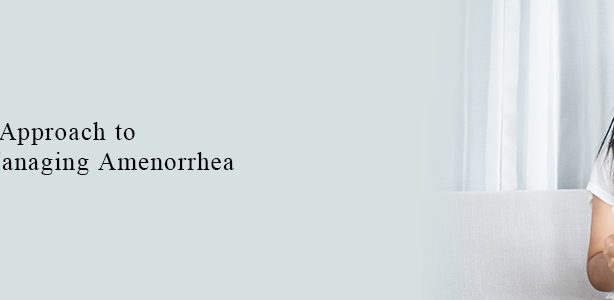Today prostate enlargement is common in old-age males. Persons above 50 years are prone to develop an enlarged prostate. The common symptoms include frequent urination, inconsistency, burning sensation or acute pain during urination, release of blood while urinating, stiff back, hip, and thigh area with the inability to move easily and without pain.
The problem begins due to the enlargement of a gland present below the bladder in males. It leads to issues concerned with urination, and pain due to the increased size of the gland pressing the urethra. Benign prostatic hyperplasia (BPH), acute and chronic bacterial prostatitis, and non-bacterial chronic prostatitis are commonly occurring prostate issues.
The prostate can be diagnosed at an early stage with a rectal examination, ultrasound scan, and prostate-specific antigen (PSA) levels. In allopathic medicine, the treatments are related to hormone therapy, surgery, radiation therapy, and medication.
However, many turn to Ayurveda to get treatment for prostate. Ayurveda identifies each disease with the imbalance of three elements –Vata, Pitta and Kapha. The level of these elements varies from person to person. According to exacerbation levels, the well-being of an individual is determined. Prostate cancer is referred to as Shukra Dhatu in Ayurveda.
Ayurveda suggests healthy eating habits to manage ailments. Bad eating can give rise to the metabolic toxin ‘Ama’ due to improper chemical reactions in the body’s cells that change food into energy. Indigestion may also lead to excessive flatulence. Natural herbs and spices provide the required supplements that are essential to lead a healthy life.
Yoga enhances blood circulation to the pelvis which keeps the prostate in good health. By regular exercises, one can improve health and stamina. Drink more water to keep the body hydrated. It will also prevent urinary-related issues. Without any hurry, take time to empty the bladder.
As per Ayurveda, Rakta Dhatu consists of the oxygen-carrying red blood cells in the body, whereas Rasa Dhatu carries and provides the required nutrition and nourishment to all the body cells. Rasa Dhatu is considered vital for prostate health. Consume fresh and juicy fruits, include almonds and walnuts in your diet. It is important to keep alcoholic beverages at bay to keep Rakta Dhatu unaffected. Keep room temperature at comfortable levels as excessive cold may tend to cause retention of urine within the body.
One should avoid aggravating Apana Vatham as it is necessary to regulate bowel movements. If aggravated, it may lead to metabolic toxin ‘Ama’ entering Rakta Dhatu. Daily body massage in a circular motion helps in keeping Apana Vatham stable.
Ayurveda treatments help in cleaning the Dhatu at regular intervals of time. It helps in leading a healthy life. Natural herbs and spices in diet help ease prostate-related issues. Do not compromise on your diet, include supplements, find time to exercise, and lead a healthy lifestyle. It would help keep your prostate healthy.
Consult an Ayurvedic physician to diagnose and treat prostate problems. Ayurvedic management of enlarged prostate tries to pacify the aggravated Vata, strengthen the urinary system, and relieve the symptoms of enlargement.



